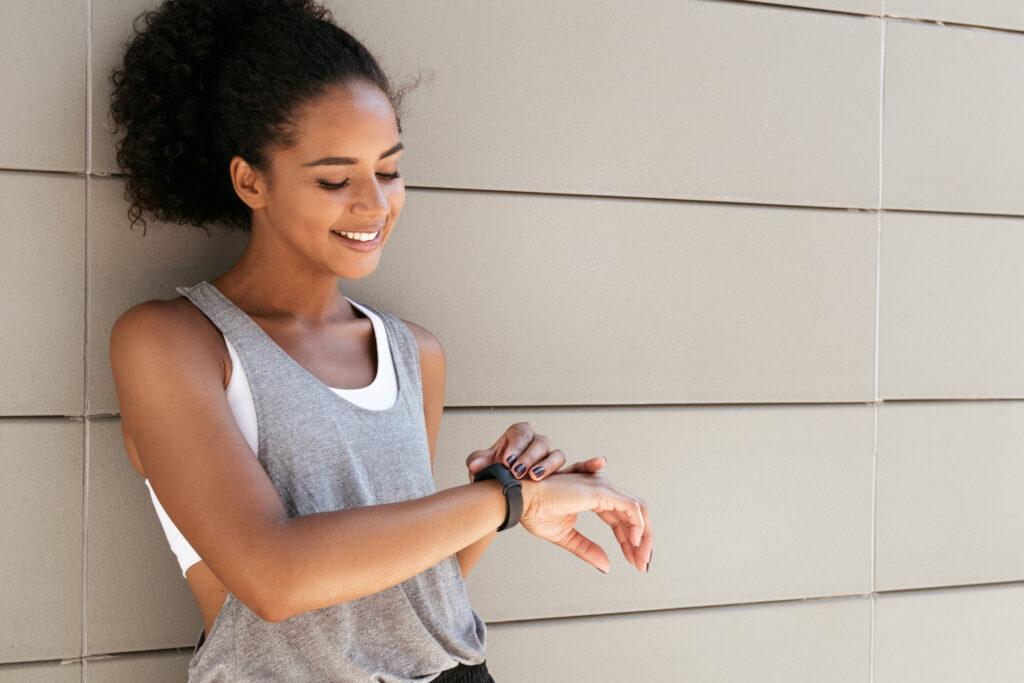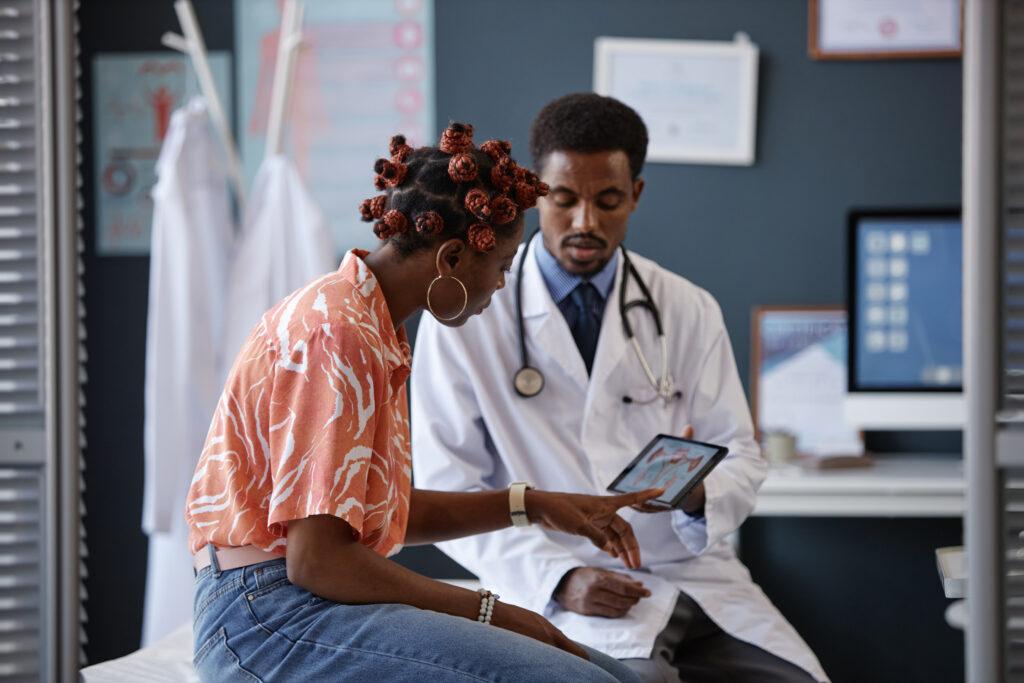Health Trends For 2025: What Women Need To Know

Women are known to be caregivers. But when it comes to taking care of themselves, they often fall behind. According to a Deloitte report, around 50% of women skip or delay doctor visits. Their reasons are valid —affordability, caregiving duties, long waiting time, lack of transportation, and more.
The top health services that women skipped were for acute illnesses, preventative care, women’s health issues, and mental health services. These services avoid potential treatments and women need them because they are more likely to get chronic illness such as cardiovascular diseases, autoimmune conditions, mental health disorders like anxiety and depression, and more.
Today, technology is making healthcare more accessible, keeping people, especially women informed about their bodies. So we’ve done our research and picked health trends that women should know about.

Wearable Technology For Monitoring And Relief
We know you love your Apple Watch, and for good reason: it has the ability to monitor your menstrual cycle, lifestyle and health trends. Wearable health technology includes a wide range of devices and applications that help collect and display real-time health, motion, and other sensory data. For instance, the Omron HeartGuide monitors heart rate and blood pressure, whereas Garmin tracks fitness and activity well.
“Wearables offer non-invasive options to treat chronic pain and take proactive care,” Emile Radyte, a neuroscientist building an award-winning women’s health technology, Nettle. “For example, our device, Nettle, provides targeted relief for PMS and period pain, while the Oura Ring is brilliant for tracking cycles and recovery. Devices like Elvie’s are great for maternal health.”
According to Emile, women-focused wearables are an investment for long-term well-being and they are accessible too.
“Over the long term, they can improve overall health, prevent bigger issues, and encourage proactive care,” she said. “First, identify your goal — pain relief, enhanced mood, better sleep, or tracking your menstrual cycle. Choose devices that are clinically tested and user-friendly and offer scientific validation with great design. Read reviews, explore trusted brands, and seek recommendations.”
Cycle Syncing
Ever felt lethargic before your period or felt like some foods disrupt your digestion during your period?
Our menstrual cycles have multiple phases in which different hormones get secreted throughout the month. Cycle syncing is the practice of adjusting your diet and exercise to support the body during each phase.
“Working with your cycle can help you observe when you’re unable to do certain things in the month, like running long distances,” said Dr. Amy Beckley, a hormone scientist at Proov Test, a fertility diagnostics company, said. “It can reveal the why behind behaviors like overeating, oversleeping, etc. Most women suffer from hormone imbalances that cause unwanted symptoms and cycle syncing can help them prevent those symptoms.”
It can also reduce PMS symptoms, lower stress, improve mood, and decrease period cramps, whatever makes your cycle challenging for you. Plus, age, race, and ethnicity also determine every menstrual cycle. Cycle syncing helps you listen to your body and personalize your wellness routine.
“Start by understanding your menstrual cycle phases and your hormones,” Amy said. “For example, women with hormone issues like PCOS will have irregular hormones, or women with IUDs and on birth control pills don’t have a typical cycle. Do a hormone test to learn how your cycle works and which hormones she needs support.”

Genetic Testing
Around 80% of chronic medical conditions could be prevented by healthy lifestyle behaviors. Genetic testing helps you identify these predispositions so you can avoid them.
“Genetic testing is a powerful tool that analyzes your DNA and decodes your body’s blueprint, giving you personalized data to navigate your health,” said Natalie Samson, an integrative board-certified genetic counselor at Golden Genetics. “It checks for conditions like heart disease, cancer, or diabetes and offers insights on your body’s metabolism and medication reactions.”
Genetic testing is increasing and it’s helping women with issues like conception too.
“We’re just beginning to understand how complex and remarkable a woman’s body is! Most scientific data is pulled from male subjects,” Natalie said. “Women face specific health challenges — from managing hormonal shifts to addressing risks for conditions like breast and ovarian cancer. You can find a trustworthy genetic counselor who can guide you through the process.”
Relying On AI For Emotional Support
According to research, there has been a 48% increase in mental health diagnoses in the last two decades. Artificial intelligence aims to reduce the onus of diagnosis and comprehensive therapy on mental health professionals by offering instant emotional relief to those in distress.
“AI-assisted mental health solutions tackle the problem of insufficient reach, immediacy, and expense of conventional therapy,” said Dr. Michelle Dees, board-certified Psychiatrist at Luxury Psychiatry Clinic. “Chatbots and virtual agents help manage anxiety and stress symptoms with grounding exercises, coping techniques derived from Cognitive-Behavioral Therapy (CBT), and reflective exercises.”

Examples of these tools include Woebot, a chatbot that uses CBT to deal with anxiety and depression whereas Talkspace is a platform where AI matches people with the right therapist — one that can help with their specific problems. But these apps aren’t equivalent to traditional therapy.
“Such apps use methods like mood tracking, coping exercises, and chat for interaction while prioritizing privacy and data security,” Michelle said. “Although they don’t substitute human therapists, they can offer initial emotional support, assist with crisis management, and motivate to seek professional therapy. The ability AI tools have in providing immediate assistance greatly aids in mitigating loneliness and feelings of distress.”
“Apps like Calm use AI to assist users with their mental well-being and offer them personalized wellness experiences,” she said. “They compile and analyze data and behaviors to introduce dynamic meditation recommendations, mood tracking, and goal setting to them.”
The author’s content and opinions have not been pre-reviewed, approved or endorsed by Discover.






